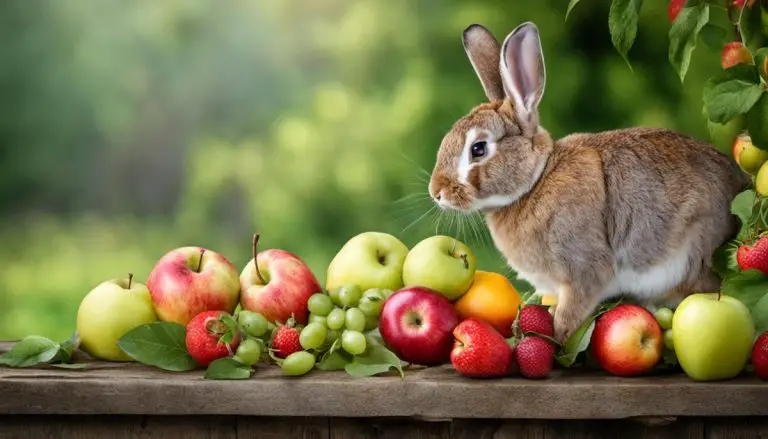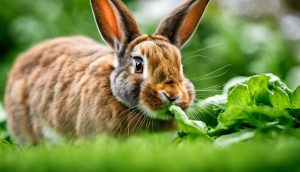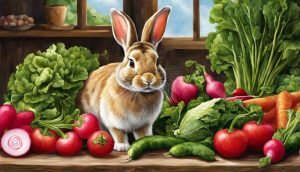As responsible pet owners, we constantly strive to find the balance between providing enjoyable treats and ensuring a nutritiously sound diet for our beloved pets. This is no different when it comes to feeding our rabbits. Rabbits, like humans, have a complex dietary requirement that goes beyond just grass and carrots. An interesting question that often arises in rabbit-friendly households revolves around apples – can rabbits eat apples? To answer this, we must first understand the basic dietary requirements of a rabbit, which we explore extensively in the following sections. Then, we delve into the specifics of incorporating apples into a rabbit’s diet; what parts are safe, how often they should be given and in what amounts.
The Diet of Rabbits
Understanding a Rabbit’s Diet
The dietary regimen of a rabbit predominantly consists of hay, which should constitute approximately 70% of their meal, as it plays an integral role in maintaining their digestive health. Other parts of a rabbit’s diet include a small amount of leafy greens and a smaller portion of pellets. Fruits and vegetables can offer variety while providing essential vitamins and minerals; however, they should not make up the bulk of a rabbit’s diet. Too much sugar can lead to health complications, and certain foods can be toxic to rabbits, including onions, avocados, and chocolate.
Understanding the Role of Fruits, Especially Apples, in a Rabbit’s Diet
Apples, along with other fruits, are generally safe for rabbits to eat, though they should only be given as occasional treats due to their high sugar content. Apples offer a sizable amount of vitamin A and C, both of which are essential for a rabbit’s health. It’s important to note, however, that the seeds and pits of apples need to be removed prior to feeding, as they contain cyanide which is harmful to rabbits. In summary, rabbits can enjoy a wide range of foods, but it is crucial to maintain a balanced diet to provide them with the necessary nutrients and prevent exposure to potential health risks.

Apples in a Rabbit’s Diet
Delving Deeper into the Nutritional Benefits of Apples for Rabbits
In limited quantities, apples can be a nutritious addition to a rabbit’s diet. They provide a range of nutrients that support a rabbit’s health. Apples are particularly high in dietary fibre, benefiting the rabbit’s digestive system. The natural sugars present in apples also offer a sweetly satisfying change to the regular diet of a rabbit. More so, apples are abundant in vitamin C and antioxidants, key components for maintaining a healthy immune system in rabbits.
Feeding Apples to Rabbits: What You Should Know
While it’s certainly acceptable for rabbits to enjoy apple flesh as it’s both safe and nutritious, it’s important to keep in mind that not all parts of the apple are safe for consumption. Apple seeds, in particular, pose a threat due to their content of amygdalin, a compound that produces cyanide when processed in the body. The apple stem and leaves may also be harmful due to potential pesticide exposure. Above all, the one key thing to remember when feeding apples to your rabbit is that they should be considered a treat rather than a significant part of their diet. Given their sugar content, excessive apple consumption can cause health issues such as obesity and dental problems. As such, only a few tablespoons of apple should be given to your rabbit per day.
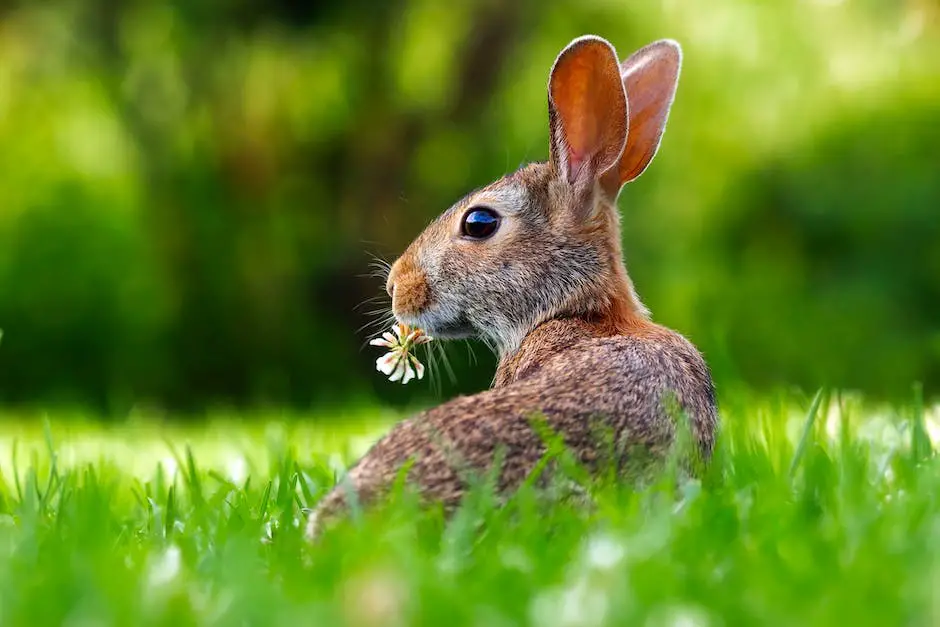
Tips for Feeding Apples to Rabbits
Establishing a Healthy Apple Feeding Routine for Rabbits
Indeed, rabbits can eat apples, but moderation is key. The sugar levels in apples are quite high compared to other fruits, which is why they are better as an occasional treat rather than a staple food for rabbits. Ideally, treats should not represent more than 5% of your rabbit’s diet. With apples, it’s recommended to give about a teaspoon for every 2 pounds of your rabbit’s body weight each day. Don’t forget to thoroughly wash the apples to eliminate any traces of pesticides, and always make sure to remove the harmful seeds as they contain cyanide.
Introducing Apples to a Rabbit’s Diet
When introducing apples, or any new food to a rabbit’s diet, it is best done slowly to avoid digestive problems. Start by feeding a small piece of apple and then monitor your rabbit’s health over the next 24 hours. If no digestive issues show up, such as diarrhea or loss of appetite, you can gradually increase the amount. If you notice any negative changes, it’s best to stop and consult with your veterinarian. Lastly, apples should not replace the regular diet of hay, fresh vegetables, and rabbit pellets. These components provide essential nutrients that treats like apples cannot fully deliver.
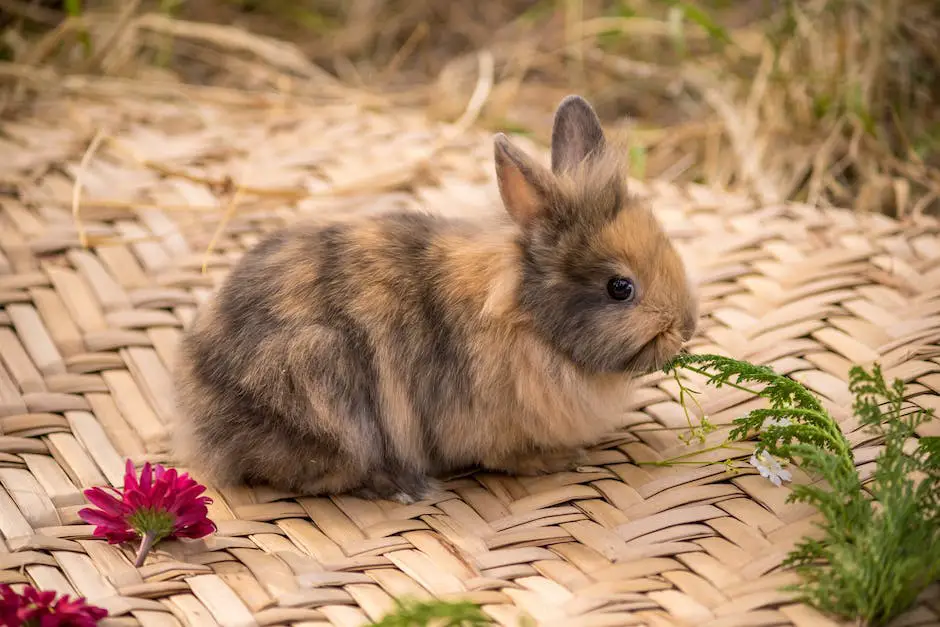
Understanding the dietary requirements and restrictions of our pet rabbits is an ongoing task that requires both care and observation. While apples can be an enjoyable treat for our fluffy friends, it should be noted that moderation is key – their primary diet should still consist of hay, fresh veggies, and rabbit pellets. Changing a rabbit’s diet abruptly can cause digestive issues, so introducing apples or any new food should always be a gradual process. With patience and care, apples can certainly be included as a part of a healthy and balanced diet for our rabbits, enhancing not just their meals but also their overall well-being.

